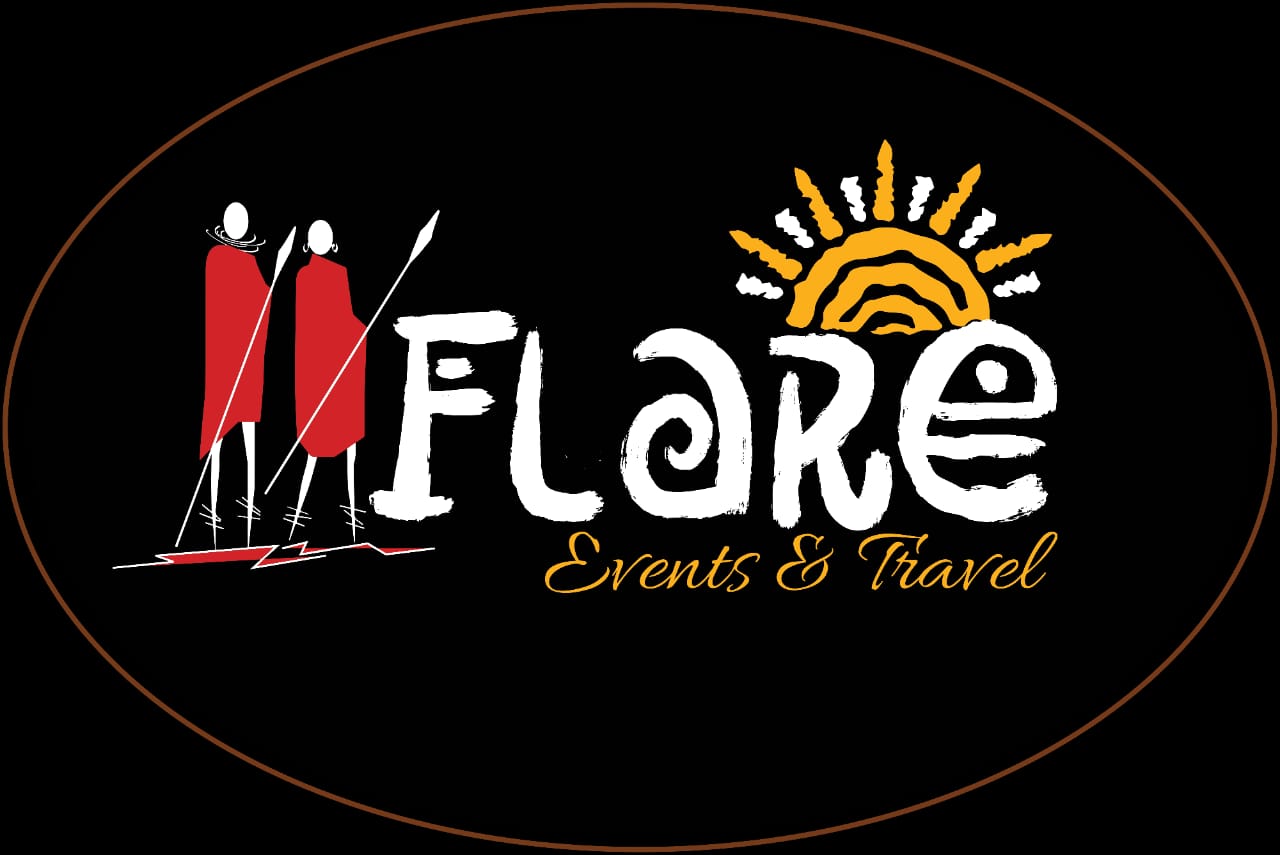Content
The internal and external validity of this trial is strong, subject to carefully considered study limitations arguably inherent to trials of this nature. Limitations include higher than anticipated attrition to follow-up and lack of blinding. The main cost of a drug and alcohol intervention is hiring a professional to host the intervention. An interventionist typically costs between $1,500 and $10,000, not including any travel expenses. While this cost might be very high for some, it is essential to include an addiction professional to maintain effectiveness and increase the likelihood of a loved one accepting treatment.
Those unpleasant effects can help some people avoid drinking while taking disulfiram. Due to the anonymous nature of mutual-support groups, it is difficult for researchers to determine their success rates compared with those led by health professionals. All of the information on this page has been reviewed and verified by a certified addiction professional.
What Is An Alcohol Intervention?
An intervention can quickly sour and become the anti tool of what you’re trying to accomplish. Instead of convincing your loved one to enter rehabilitation, you could be enacting them to take further refuge from their inner circle, and that makes the job so much more difficult. Planning is absolutely everything when it comes to an intervention.
What is the only effective way to reduce alcohol content?
There is nothing a person can do to quickly reduce the blood alcohol concentration (BAC) level in their body. The liver needs time to filter blood and remove the alcohol from the system.
Reach out to a treatment provider for free today for immediate assistance. Because of this, you shouldn’t sit back and wait for the condition to get better on its own. In fact, waiting to intervene can cause more damage to a person’s overall health and wellness. How COVID-19 Has Impacted Alcohol AbuseAs the COVID-19 pandemic continues, the numbers of alcohol abuse have continued to rise, causing concern across America. An interventionist can direct and plan an intervention with you to get the highest possible chance of a positive reaction. They help you understand what’s imperative to say, and what’s damning to let out.
What if your loved one refuses to enter treatment?
Fourth, the brief MI condition included an initial session and up to 3 booster sessions, whereas the BA condition included a single session. We cannot rule out that the benefits seen were not due to the brief MI itself, but simply to the repeated contacts over time. Finally, this study was conducted in a single site in a Swiss university hospital; further replications are warranted in order to generalize findings to other contexts. Our brief MI model sought to encourage participants into specialized treatment when there were signs of severe alcohol problems. Moreover, this is despite BA clinicians giving advice to consult with specialized treatment and providing an information leaflet with contact information for those whose AUDIT score was above 16. Studies show that people who are alcohol dependent are two to three times as likely to suffer from major depression or anxiety over their lifetime.
- For the best chance of having a successful alcohol intervention, you should spend time collecting information and gathering your thoughts.
- The Association of Intervention Specialists is a national organization that trains and certifies professional interventionists.
- Veering from the plan can quickly derail an intervention, prevent a helpful outcome for your loved one and worsen family tensions.
- Remember that your loved one is ultimately responsible for managing his or her illness.
- If your loved one could benefit from a specialized program, such as treatment tailored to veterans or the LGBTQ+ community, this is also something to consider when identifying suitable treatment facilities.
Without revealing the reason, your loved one with the addiction is asked to the intervention site. Members of the team then take turns expressing their concerns and feelings. Your loved one is presented with a treatment option and https://ecosoberhouse.com/ asked to accept that option on the spot. Each team member will say what specific changes he or she will make if your loved one doesn’t accept the plan. Don’t threaten a consequence unless you’re ready to follow through with it.
Recovery Coaching
Animations controlled by the interface include videos, GIFs, and CSS flashing transitions. Font adjustments – users, can increase and decrease its size, change its family , adjust the spacing, alignment, line height, and more. This mode provides different assistive options to help users with cognitive impairments such as Dyslexia, Autism, CVA, and others, to focus on the essential elements of the website more easily. This mode enables people with epilepsy to use the website safely by eliminating the risk of seizures that result from flashing or blinking animations and risky color combinations.
Potentially Treatable Metabolic Abnormalities in Patients with … – Psychiatric Times
Potentially Treatable Metabolic Abnormalities in Patients with ….
Posted: Mon, 09 Jan 2023 19:04:30 GMT [source]
An alcohol counselor or other medical professional can provide you with information about the intervention process and guide you along the way. There’s a great deal of planning and execution that goes into a proper intervention, and it may be difficult to stage one on your own. It involves the most impactful and close-knit friends and family that can truly speak to the alcoholic, and a lot of restraint on everyone’s part. You can’t just unleash the flood gates of everything you’ve been feeling; it all has to be mapped-out and scripted. That’s a difficult thing to adhere to, but it’s more necessary than you may realize. You know that saying, “There’s a time and a place for everything.” Everyone’s heard that at least once before in their lives. It especially rings true to when you’re trying to perform an how to do an intervention for an alcoholic.
